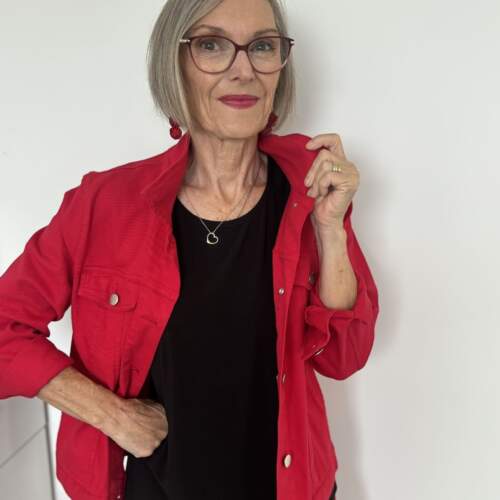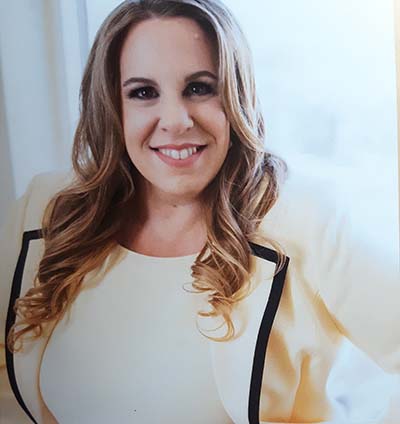Dear Barbara, you write about the signs of approaching death for what you call a “gradual” death. Would you write about what happens during a “sudden” death? There are two ways to die: gradual…
Dear Barbara, you wr…
Dear Barbara, you write about the signs of approaching death for what you call a “gradual” death. Would you write about what happens during a “sudden” death? There are two ways to die: gradual, from disease or old age; or a fast, unexpected death. I’ve written a lot about gradual death and its process, about what to look for in the months, weeks, days and hours before death comes. I haven’t written about sudden, unexpected death. There really isn’t a lot to say. There is no process, no preparation, no labor, no signs it is coming. The person is alive one minute and dead the nex…

























